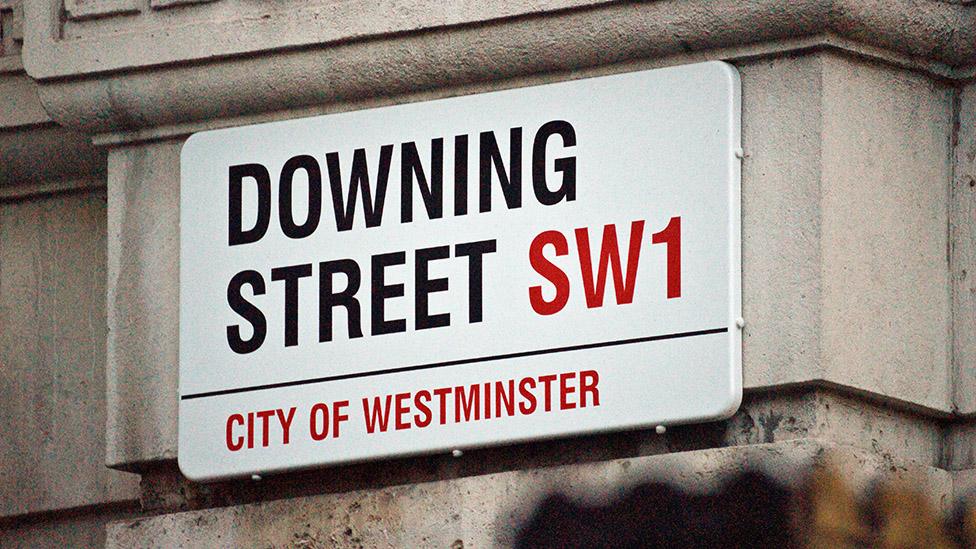Boris Johnson: MPs reject lawyer's claim Partygate probe unfair
- Published
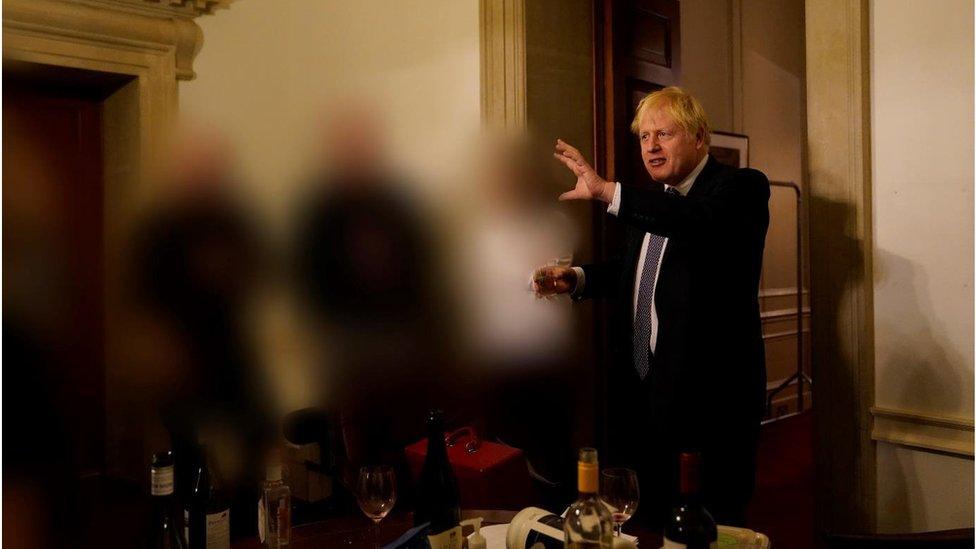
Boris Johnson has said he did not deliberately mislead MPs over Partygate
MPs investigating if Boris Johnson misled Parliament over Partygate have rejected claims the probe is "unfair".
The Privileges Committee is looking into what the former PM told Parliament about Covid-rule breaking.
Lord Pannick, a lawyer hired by the government to examine the committee's approach, called the investigation "fundamentally flawed".
The committee said Lord Pannick had "a systemic misunderstanding of the parliamentary process".
Mr Johnson could be suspended from Parliament or even lose his seat if the committee rules against him.
The committee is investigating whether he obstructed the Commons by telling it that pandemic rules had been followed during lockdown events in No 10 that since led to Covid fines.
Last month, the committee decided it would not have to prove Mr Johnson deliberately misled MPs to show he committed a "contempt of Parliament" by obstructing its work.
However it will still consider whether Mr Johnson deliberately or knowingly misled the House of Commons.
Mr Johnson could be hauled before the committee in the autumn to account for what he previously told MPs.
In his legal advice,, external Lord Pannick warned that "the threat of contempt proceedings for unintentional mistakes would have a seriously chilling effect" on MPs.
But the committee rejected this as "wholly misplaced and itself misleading".
Ministers who "inadvertently mislead" MPs are able to correct previous statements under current rules, committee argued.
While foreign secretary, Mr Johnson formally corrected his comments to the House five times.
Ministers are expected to "do so at the earliest opportunity to avoid misleading the House in line with the rules that apply to all MPs", the committee said.
The independent crossbench peer said the committee's approach is inconsistent with past cases where intent was taken into account and the process would be deemed "unlawful" if it was tested in a court.
He criticised the committee for taking evidence anonymously and said Mr Johnson should be told the details of the case against him.
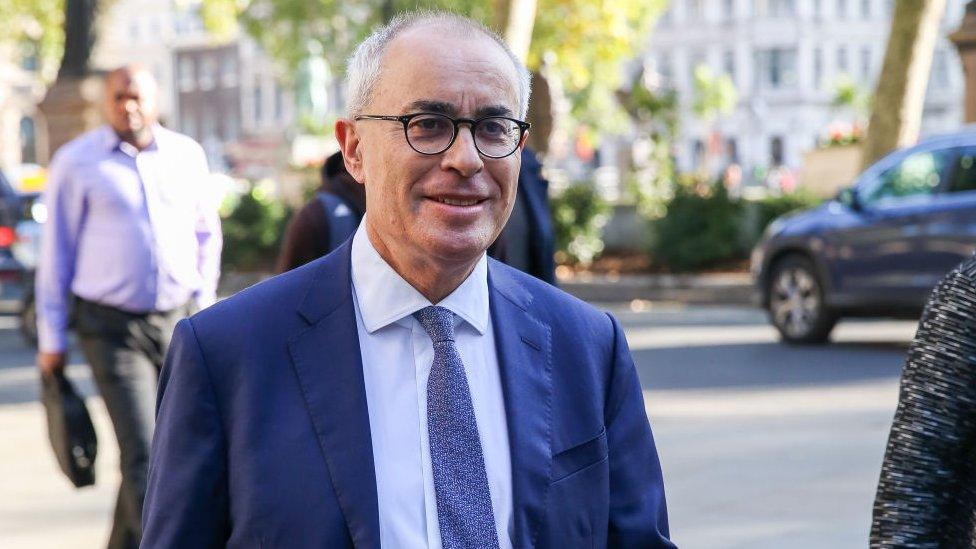
Lord Pannick is an independent peer in the House of Lords
The committee said Lord Pannick's opinion was "founded on a systemic misunderstanding of the parliamentary process and misplaced analogies with the criminal law".
It rejected Lord Pannick's call for Mr Johnson to be represented by a lawyer who would speak on his behalf and cross-examine witnesses.
In a statement the committee, said it "does not have discretion to allow counsel to speak in a hearing and conduct cross-examination, and it would require a decision of the House to permit this".
Parliament voted to launch the inquiry in April, after a series of revelations about events held in and around Downing Street while Covid restrictions were in place.
An official investigation later concluded rules had been broken and a police inquiry led to 83 people, including Mr Johnson himself, being fined.
The former prime minister has admitted that previous statements to Parliament - in which he insisted all rules had been followed - had since been proved incorrect, but he believed them to be true at the time.
He denied deliberately misleading MPs.
Related topics
- Published22 March 2023
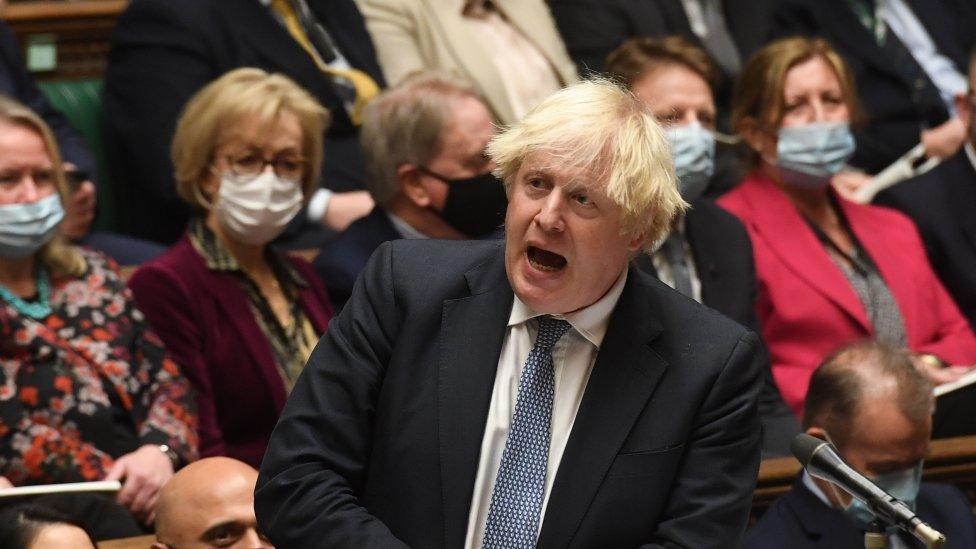
- Published21 July 2022
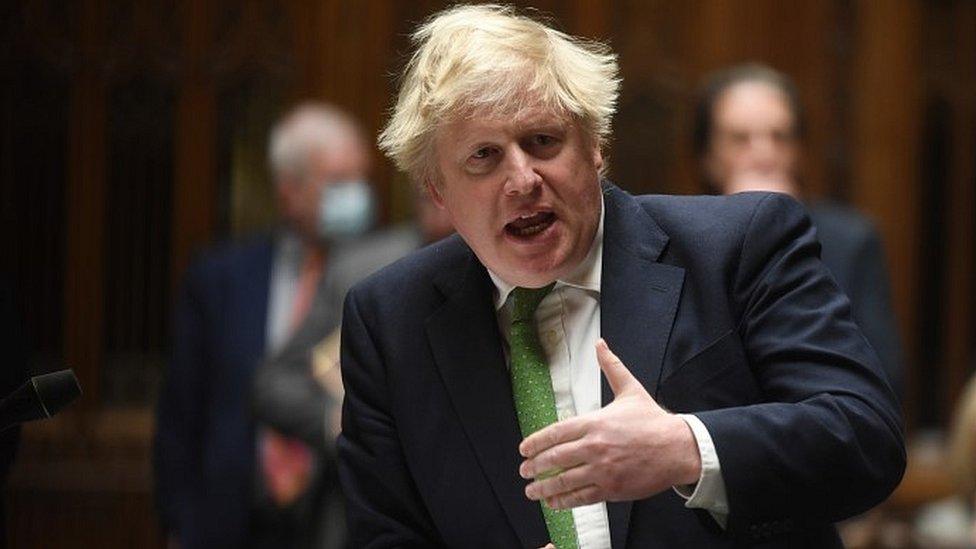
- Published25 May 2022
